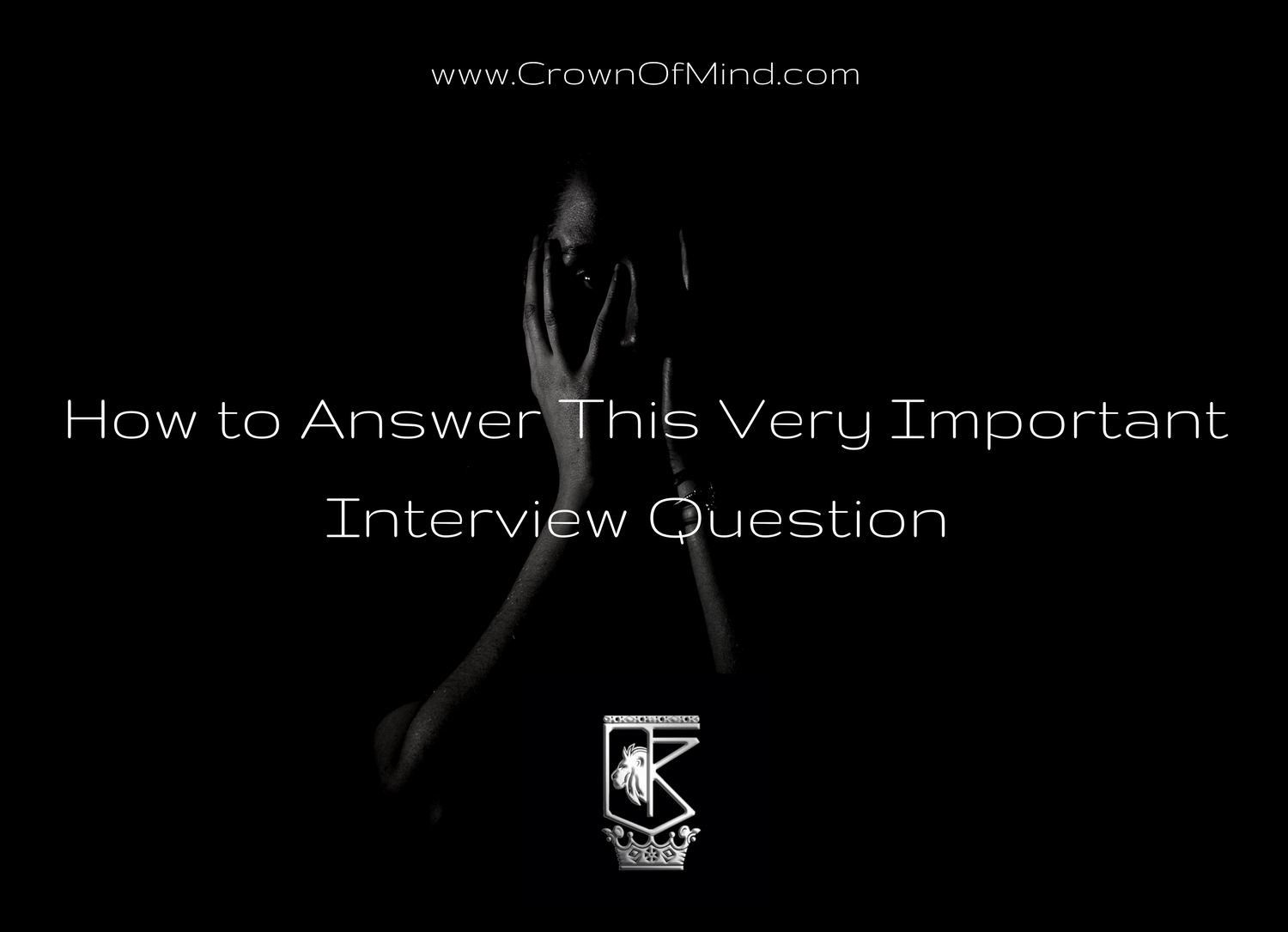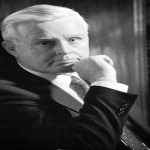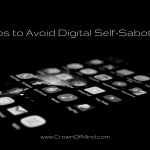If you’re not prepared, interview questions may feel like a grueling interrogation. While in the “hot seat,” you might be sweating, feeling gaseous and forgetting what you’ve practiced the night before. Interviewing is an in-depth experience that can be covered over several posts, which we’ll do over time. The important point to remember about an interview is it’s a meeting of the minds to see if they are alike. You and the employer in question are conducting a dual-evaluation. In that evaluation you’re both sizing each other up, weighing perceived pros and cons with the intention of exchanging something. It could be energy for money, energy for energy (barter exchange), energy for product, many scenarios.
In my time assisting interview candidates, one of the main questions loved to hate was…
“So tell me a little bit about yourself.” I’m aware that’s not a question in principle, but to a candidate it might feel like one hundred questions wrapped into a single request.
There’s some trickery in the nature of this request. It’s sometimes spoken with much casualness, which can unconsciously cause the candidate to lower his professional guard.
He sits back, leaning farther in his seat. Legs cross, arms fold, or he might pick up a pen and start twirling it. He may help himself to some of the employer’s coffee or tea without the invitation. Or he may start speaking unprofessionally; profane language, slang, Ebonics, etc. If he’s done this, he’s been caught in the employer’s web and failed. The casual request did not equate to behaving casually. This “relaxed” state was what the employer wanted to see as the authentic you, and whether that authentic you would be an authentic match for the job (either way they’ll still likely search you up online for more of that “authenticity. Refer to my post about social media.).
“Tell me a little bit about yourself” can be handled in a way that allows you to present your authentic truth on this and remain professional.
You’ll want to cover two areas.
1. Who are you? This means who are you professionally. This is when you use identity as a tool rather than an obsession. “I’m a creative writer aspiring to become a novelist.” Done.
2. What experiences brought you to that point? “I’m a creative writer aspiring to become a novelist. I’ve always had an interest in writing since young and practiced for years writing informally in different styles.” As you tell this story you’ll want to eventually connect your message to the opportunity. “I was eventually lead through a magazine to your company. After studying the website and what your mission was about, I knew I could reach out and find a way to apply for a position here. What your work represents connects to my own values as a literary artist.”
You described yourself, some skills, experiences and how all of that blends with why you’re sitting at that table right now.
What you don’t include in your response to this casual question:
1. What you like to eat for dinner.
2. Where you go on the weekends.
3. What kind of clothes you prefer.
4. How you do your laundry.
5. Your deepest fears.
6. The movie you saw the other day.
These topics are often irrelevant to the role and ought not to be discussed unless solicited. And if you are solicited by the employer about what you like to eat for dinner or the kind of clothes you prefer, you may want to question the nature of the interview.






